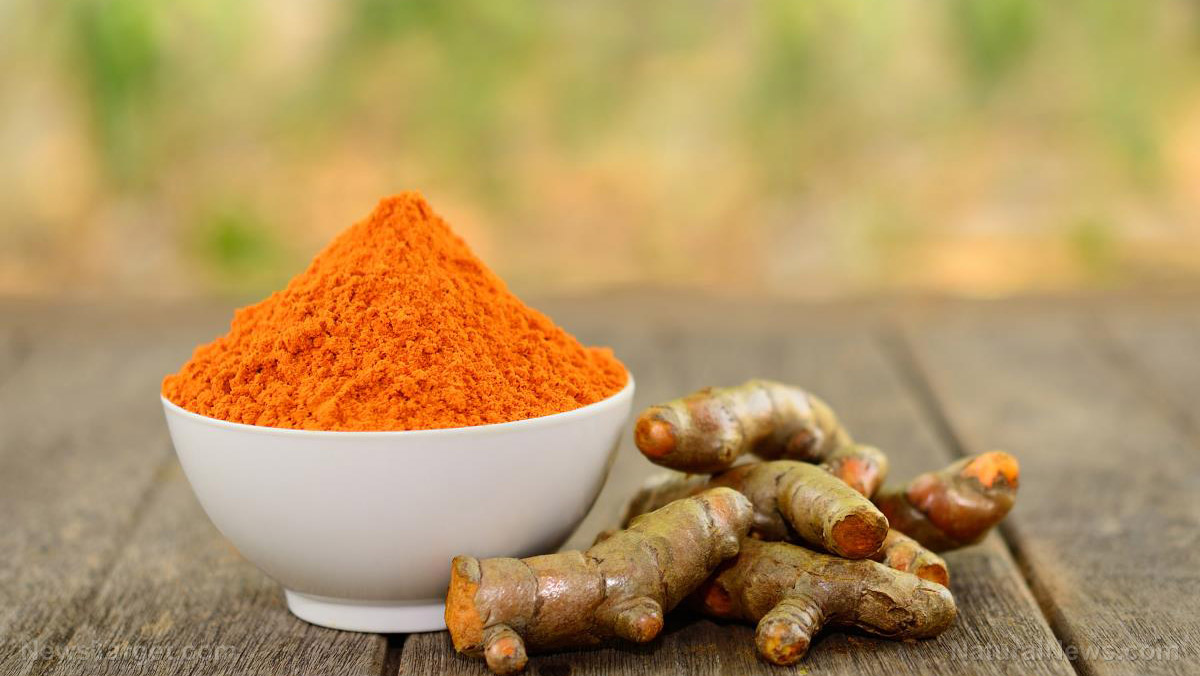Moringa shows powerful antiproliferative effects on cancer cells
11/28/2018 / By RJ Jhonson

A South African study concluded that moringa (Moringa oleifera) has antiproliferative activity against at least one type of cancer, adding yet another reason to incorporate the vegetable in your diet.
The study looked at the effects of moringa on esophageal cancer, a type of cancer diagnosed in many members of South Africa’s black population. To confirm the antiproliferative effects of moringa, the researchers exposed an esophageal cancer cell line to different dilutions of the plant’s crude aqueous extract. They also performed other tests to confirm relevant factors, such as the level of oxidative stress, DNA damage, apoptotic mechanisms, and the expression of proteins.
The researchers found that the treatment with moringa increased lipid peroxidation in the esophageal cancer cells. Lipid peroxidation is the process in which free radicals “steal” electrons from fatty acids, causing the latter to break down. An increase in lipid peroxidation is also a marker of mounting oxidative stress. Under normal circumstances, oxidative stress is bad – in fact, too much of it leads to cancer. In cancer patients, however, oxidative stress helps break down the cancer cells’ own antioxidant defenses and kills them in the process.
Indeed, further analysis revealed that the treatment caused the activation of natural enzymes that trigger apoptosis or cellular death, as well as the breakdown of the tumor cells’ DNA. The researchers confirmed that moringa could indeed put a stop to esophageal cancer by increasing the rate of oxidative stress through lipid peroxidation, enabling DNA fragmentation, and inducing apoptosis.
This study was published in the Journal of Medicinal Food.
Preventing esophageal cancer
Several times this past decade, esophageal cancer made it to the top 10 deadliest cancers in the United States. The American Society of Clinical Ontology estimates that among the people diagnosed with this type of cancer, just about 19 percent survive after five years. Once the disease has fully proliferated to different parts of the body, the figure shrinks all the way down to just five percent.
Esophageal cancer may be hard to treat, but it is much easier to prevent. Here are ways by which one can lower the risk of developing the disease:
- Beat obesity – Obesity is a risk factor in many diseases, including esophageal cancer. Maintaining a healthy weight by following a good diet, particularly one that’s rich in fruits and vegetables, and engaging in regular exercise will help lower the odds of having the condition.
- Quit cigarettes and alcohol – By themselves, tobacco and alcohol can increase one’s risk of having esophageal cancer. The odds skyrocket when smoking and drinking alcohol are combined.
- Treat heartburn – Heartburns occur when the acid in the stomach surge backward, burning the throat. Although the damage heals quickly enough, frequent heartburns result in a repetitive cycle of injury and healing, eventually causing the throats to develop red erosions similar to scrapes on the skin. This condition, called Barrett’s esophagus, increases one’s risk of developing esophageal cancer.
The health benefits of moringa
Eating moringa gives you many health benefits, including the following:
- It may help lower blood sugar levels – Several animal studies have pointed to moringa’s ability to lower blood sugar levels. A small study on humans also found that adding just 50 grams of moringa leaves to one’s meal can cut the spike in blood sugar by up to 21 percent.
- It may help lower cholesterol – Some studies have attributed cholesterol-lowering effects similar to those of flaxseeds, oats, and almonds to moringa.
- It may reduce inflammation – The isothiocyanates in moringa are anti-inflammatory compounds found in many parts of moringa. Test tube and animal studies, as well as some human studies, have proven moringa’s benefits against inflammation.
Discover the many reasons moringa is so good for you at Veggie.news.
Sources include:
Tagged Under:



















